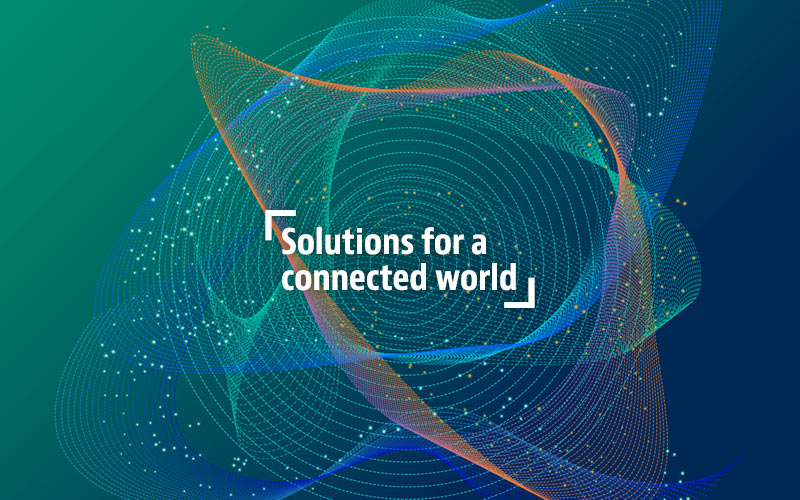Digital recreations of deceased individuals, known as “deadbots,” are becoming increasingly possible due to advancements in generative AI technology. Researchers from the University of Cambridge warn of the potential psychological harm that these services could cause to both creators and users. The ability to upload conversations with deceased loved ones to create chatbots raises concerns about dignity, privacy, and respect for the deceased. Unscrupulous companies could exploit these technologies for profit without considering the well-being of those involved.
Best Practices and Regulatory Frameworks
To address these ethical concerns, researchers recommend implementing best practices for digital afterlife services. These guidelines could include transparent procedures for retiring deadbots, restricting interactive features to adults, and ensuring clear communication about the limitations of artificial systems. Regulation may be necessary to enforce these standards and protect individuals from potential harm caused by unregulated and profit-driven practices in the digital recreation industry.
Several real-life examples demonstrate the feasibility and implications of digital recreation technologies. Chatbots created using AI systems like GPT-3 have already been used to recreate conversations with deceased individuals. Genealogy sites like MyHeritage offer features that animate still photos of ancestors, raising questions about the ethical use of such technology. The emergence of Deep Nostalgia and DeepStory highlights the complex and controversial nature of digital recreation and the need for careful consideration of its impact on individuals and society.
Conclusion
The development of digital recreation technologies poses significant ethical challenges that may require thoughtful consideration and regulation. The potential psychological harm caused by unregulated deadbots and similar services is still under debate.
In discussions surrounding the use of AI in recreating and interacting with deceased individuals one could pose the question, does regulation really need to go beyond?. By continuing to discuss ethical frameworks we can ensure that these technologies are used responsibly and ethically.
IntelliPrompt curated this article: Read the full story at the original source by clicking here




